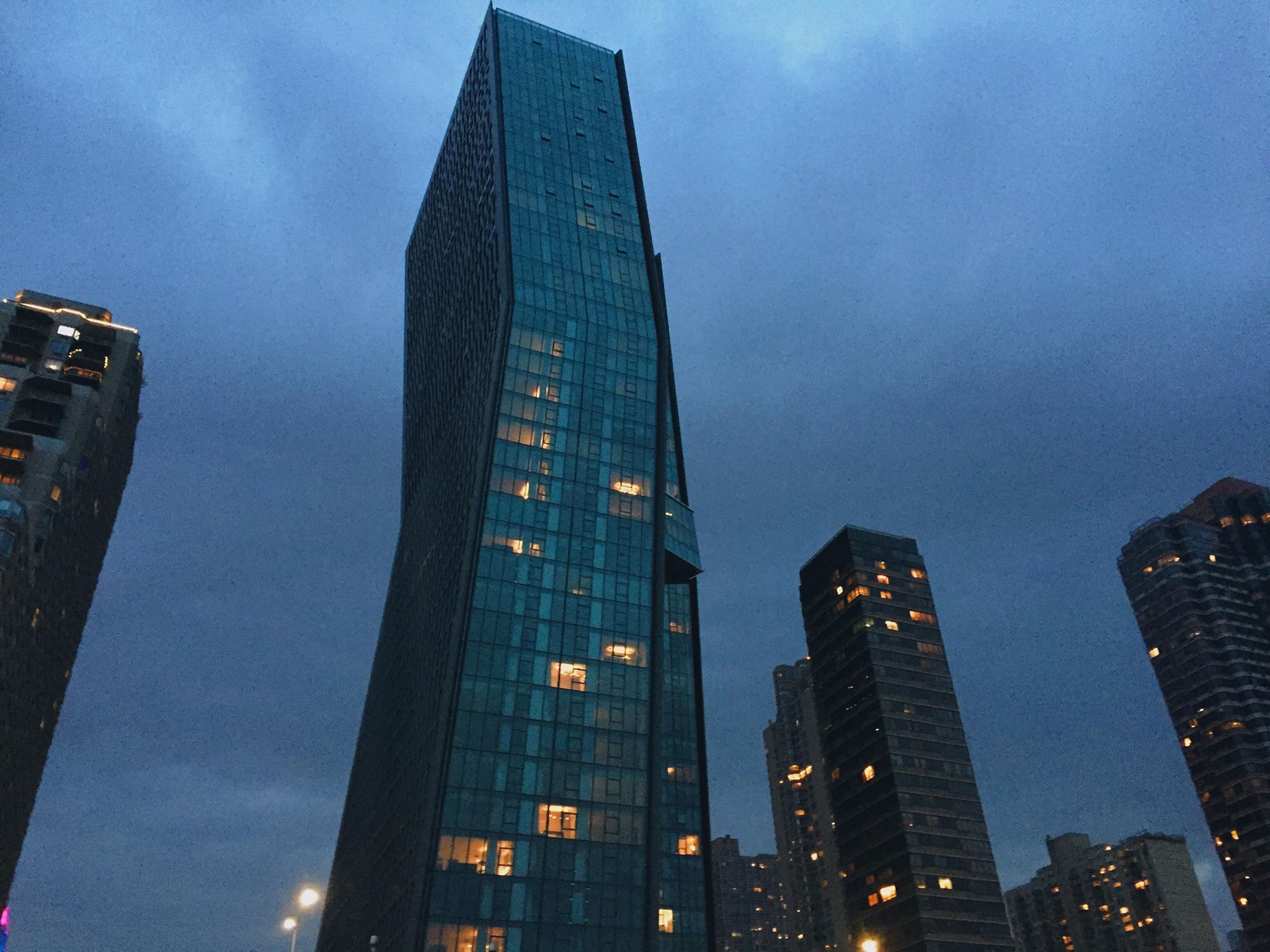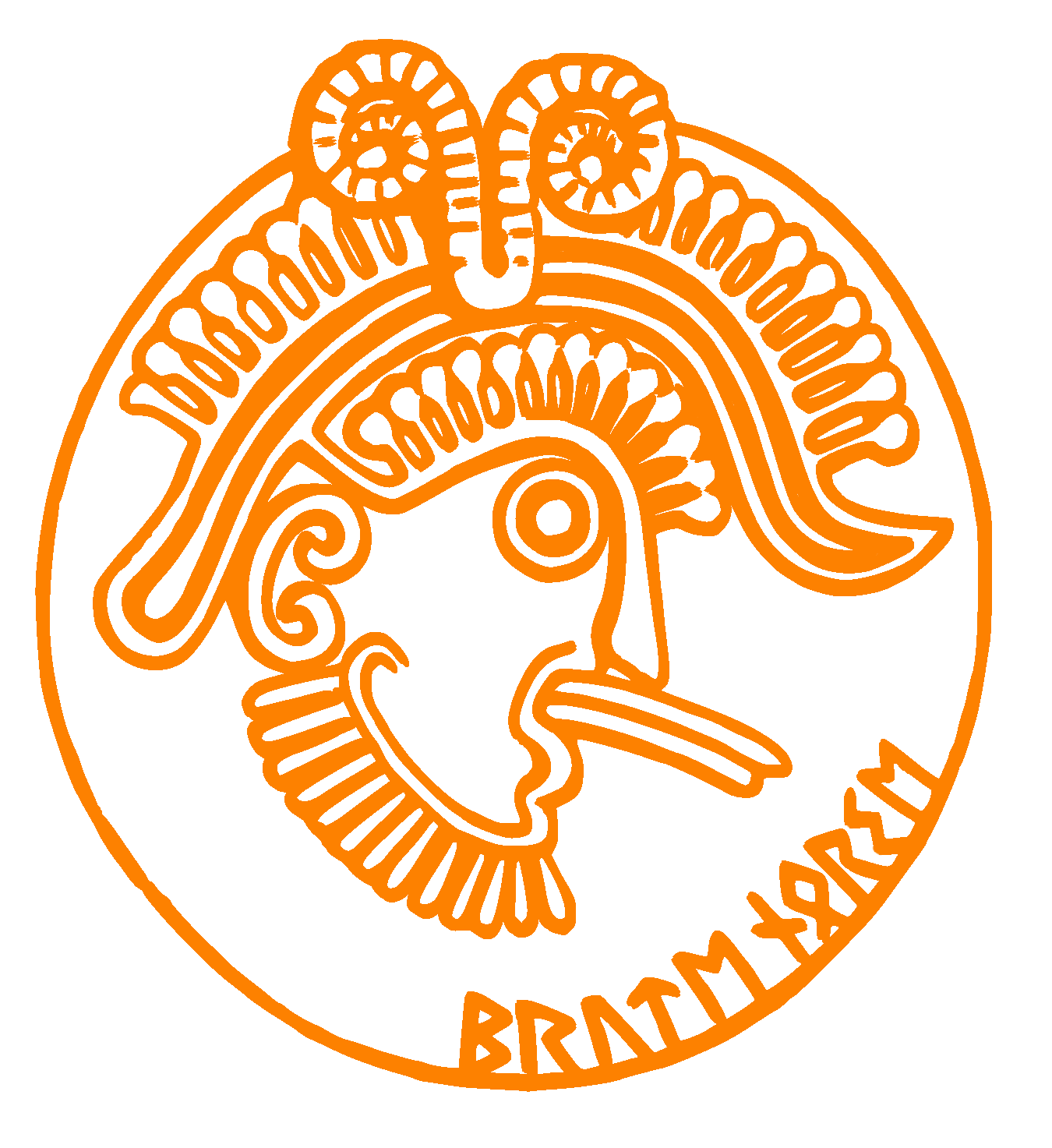Migratory Meditations: Leaving a Homeland in the Hard Iron Age
/"It is sad to leave your homeland", an Afghan woman told me. Over the last nine months, I have had countless conversations with people about my intended migration from Norway to America. It is one of those things you can't help but mention. When every day is filled with soul-sucking bureaucracy, forms to fill, and the grueling uncertainty of the wait, the sum of obsession with all possible outcomes becomes an inevitable subject of conversation. You dream about it, and every waking hour it walks in on your trail of thought.
To her it seemed like an odd choice to make, that I would leave Norway. If she could, she would gladly sacrifice the saline shores of Norway to live with her loved ones in the valleys of Afghanistan. War and persecution ruled that possibility out for the time being. No bombs have fallen over Norway since 1945, no mines haunt my childhood trails. The sad and happy difference, of course, is that I have a choice. My migration is a luxury, but that's not what she said. She said: It is sad to leave your homeland.
And I agree. Her statement stuck with me, not due to the contrast of our respective situations, but due to the skin in the game she displayed within it. She knew what she was talking about. Among the countless people who either cheered me on enthusiastically, or questioned my choice based on a general suspicion towards the American model, this comment came across as most sincere.
Landscape is a core element of our identities. People are born, live, and die without ever leaving New York state. Many Americans have never seen the ocean. The landscape and traditions I was born into differ, sometimes drastically, from that of the big city in the New World. I was born in an ancestral homeland, with an ethnic, cultural, and linguistic affinity stretching back thousands of years. The single recorded instance of my line of descent ever migrating to or from Norway was a temporary stint in North Dakota that only lasted a generation, before my "squarehead" forebears - ethnic Norwegians both - married and decided, in spite of any promise of opportunity, to return to the old country.
Whenever I looked out the window, I have always felt backed up by countless generations of ancestors. People who changed only as slowly as the landscape, whose looks and traits I carry with me from cradle to grave, and that I may give to prospective children in the future. My paternal line of descent has not, at least to my knowledge, made any drastic choices in terms of landscape and identity since the Bronze Age. The Hindus place us in the dark Kali Yuga, the age of darkness and confusion. Hesiod might say we still live in the hard Iron Age of fuss and misery. To most Westerners it suffices to say the word "modernism" to conjure what seems to be an odd mix of alienation and prosperity. There is no shortage of either, but I believe it that even if all of the above is true, our age of cyberfuss is raised by the girders of some sardonic fate beyond direct control. The gods delight as much as they fear.
My childhood landscape was filled with mysteries, vernacular traditions, and ancient sites, but if there is any truth and merit to what I have done in my work so far, the recipe should work also here. The Norse Vinland colony collapsed due to understimulation, starvation, and exposure. The cosmos they created in the wake of Leifr Eiríksson's landing collapsed under its own weight, and the Vinland landscape I look upon from my apartment is different. This is a strange world, and nobody really knows what the hell I am talking about if I mention my background. But then again, not everybody did in Norway either. I don't think I have ever been closer to what I believe to be the logical conclusions of the cosmology of the Eddas. When cosmogenitors of the legendary sagas break from society, it is never to live within nature itself, but to lay flat the forests, and to timber houses. Nowhere is the inevitable imbalance of the battle of culture versus nature better exemplified than in a metropolis like New York, a city with a population greater than the entirety of my home country. In a nation whose Norwegian diaspora outnumber the Norwegians of Norway itself.
People talk about the lightning speed of the proverbial New York minute. Before I decided to move to New York I lived in a marshland cabin off the municipal water supply, often isolated during heavy snowfall or storms. It was fantastic, and I hope to live like that again. Time moves slow in that sort of scenery. A maturing experience for certain, but a life without hustle soon grows stale. In this swamplike landscape I was quite literally wallowing, waiting for the wind to blow in my direction, and it took some time for me to realize that nobody was waiting for me to be ready. I found my Will, and found my way. It only took me a while to realize.
It took only four days between my landing and my marriage to my wife, which was the object of my migration. Things move quickly when the ball starts rolling. Now I wake up in a landscape where every tree is planted by a human hand. Where the surface is peeled down to its granite bedrock, skyscrapers soar so high they go unnoticed on street level, and unsuspecting pedestrians walk on levels of surfaces hundreds of meters above the deepest tunnels and recesses of this Swiss cheese city. Trees are kept behind fences, like cages, and not even the wildlife behaves naturally, but in perfect accordance with the human compulsion towards order. Though the disorder of nature - naturally - oozes through the woodwork. Cruel Mother Nature always will. This is Moondog's city, the blind and visionary artist who never quite belonged in any urban center, yet could never have developed anywhere else. Where thousands like myself passed through, who walked up and down the old Brooklyn ghetto they affectionately called "Lapskaus Boulevard", where the psychic advised Johannes Hansen to return home to Oseberg, resulting in that famous ship find.
I don't know how this process will affect Brute Norse, but I will not be the first writer to leave that homeland.
These are speedy days, but so is the hard Iron Age.










